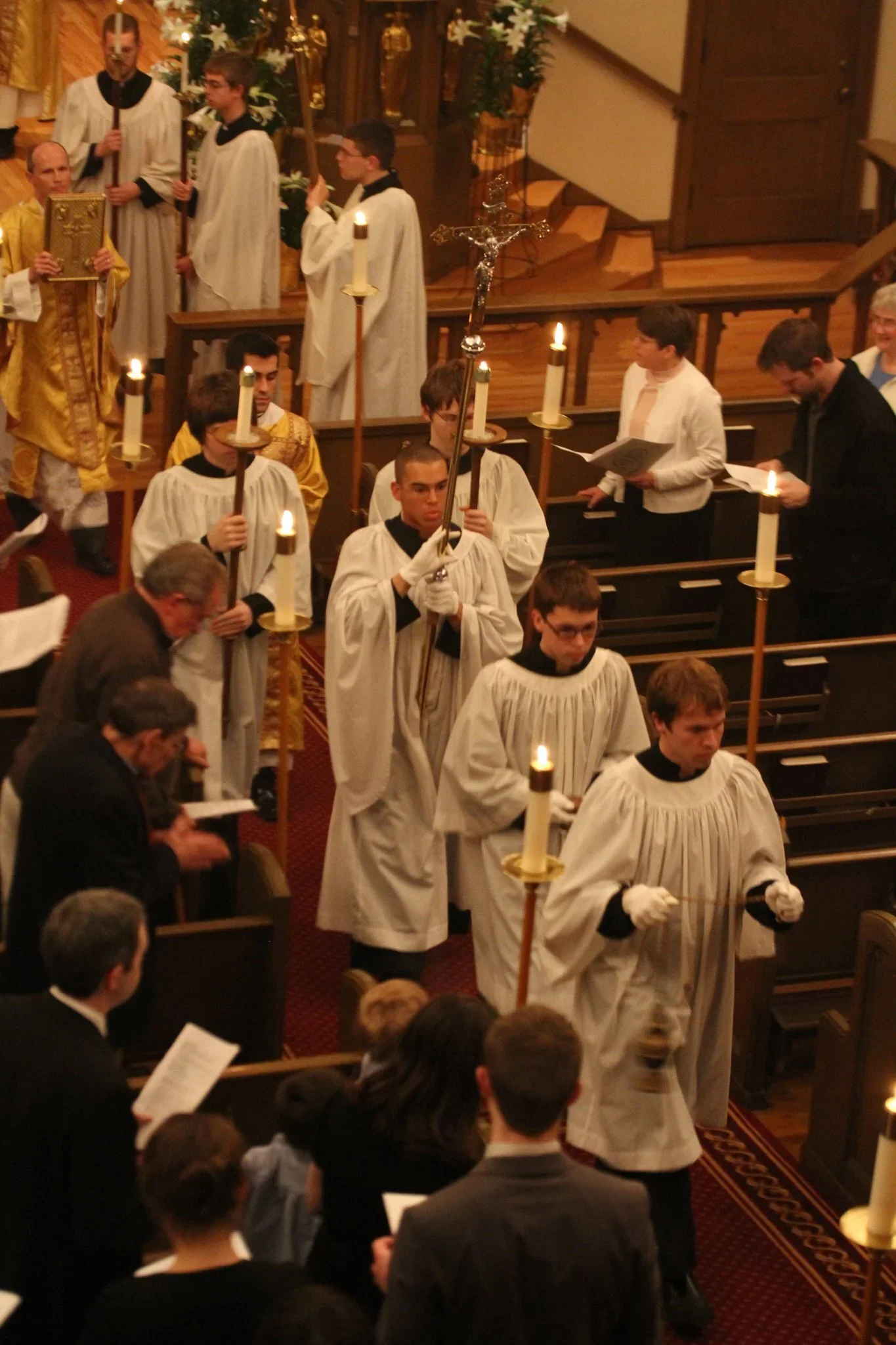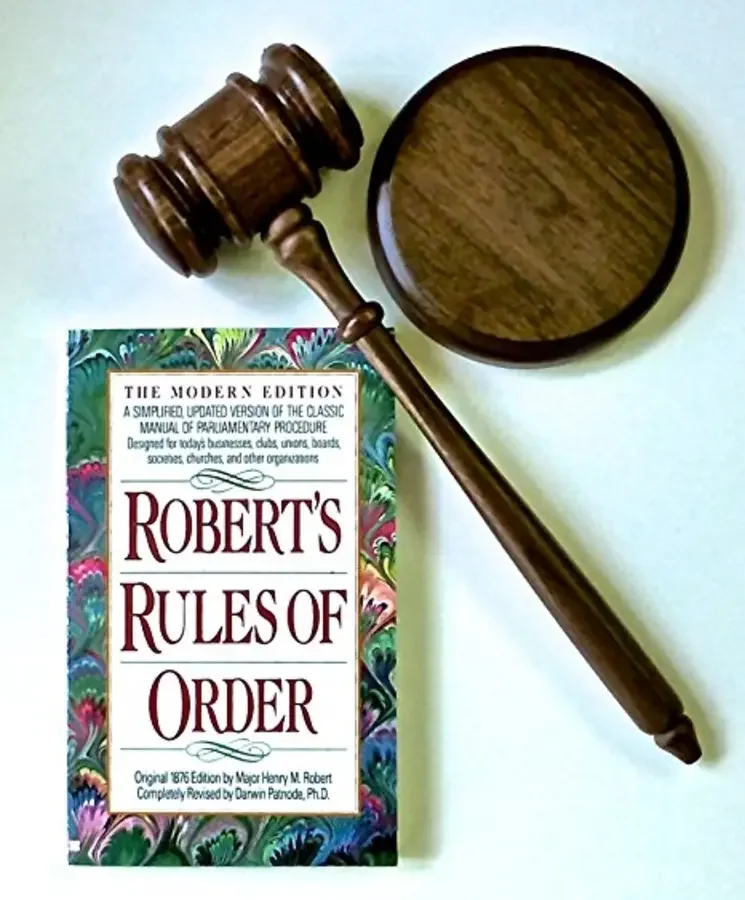As I mentioned in the Introduction to this series, the seventeen-hundredth anniversary of the First Council of Nicaea served, in part, as the impetus for initiating this conversation about usury. Nicaea holds particular significance as the first ecumenical council to issue an explicit condemnation of the practice. Yet this prohibition against lending at interest was not confined to Nicaea alone; it appears in at least seven other councils and synods spanning the fourth to the seventh centuries. Before continuing with our exploration of the church fathers, it is worth pausing here to list these councils and synods, in chronological order, along with the specific canons in which usury was formally condemned.
Read MoreFilter by Author
- Guest Author 1 153
- Ben Ball 121
- Larry Beane 666
- Travis Berg 9
- Jason Braaten 240
- Fr. Mark Braden 47
- John Bussman 70
- Heath Curtis 411
- Sean Daenzer 12
- Anthony Dodgers 40
- Burnell Eckardt 482
- Peter Eckardt 1
- Gottesdienst Editorial 19
- Karl Fabrizius 25
- Stefan Gramenz 41
- Adam Koontz 8
- David Petersen 205
- Stephen Preus 6
- The Priestman 1
- Evan Scamman 18
- Jonathan Shaw 12
- John Stephenson 50
- Rick Stuckwisch 90
- William Weedon 49
Filter by Category
- Adiaphora 11
- Advent 4
- Announcements 25
- Bible 20
- Catechesis 10
- Celibacy 1
- Church Fellowship 4
- Culture 33
- Death & Dying 5
- Doctrine & Practice 30
- Donor Drive 3
- Eighth Commandment 1
- Feasts & Festivals 8
- Gender 4
- Historic Lectionary 14
- History 3
- Hymns 5
- Lifehacks 2
- Liturgy 39
- Luther 5
- Marriage 6
- Ministry 18
- Music 7
- Pastoral care 12
- Polity 13
- Prayer 2
- Preaching 40
- Quote 3
- Rites/Ceremonies 14
- Sabre of Boldness 1
- Saints 9
- Sanctoral Calendar 10
- Satire 3
- Sermon 30
- Synod 23
- Theology 17
- Worship 1
Filter by Month
- October 2025 24
- September 2025 21
- August 2025 29
- July 2025 19
- June 2025 28
- May 2025 17
- April 2025 20
- March 2025 24
- February 2025 20
- January 2025 24
- December 2024 22
- November 2024 25
- October 2024 27
- September 2024 17
- August 2024 23
- July 2024 10
- June 2024 14
- May 2024 10
- April 2024 13
- March 2024 18
- February 2024 11
- January 2024 18
- December 2023 19
- November 2023 13
- October 2023 15
- September 2023 23
- August 2023 12
- July 2023 21
- June 2023 13
- May 2023 16
- April 2023 9
- March 2023 14
- February 2023 18
- January 2023 26
- December 2022 17
- November 2022 16
- October 2022 19
- September 2022 21
- August 2022 25
- July 2022 19
- June 2022 24
- May 2022 15
- April 2022 26
- March 2022 29
- February 2022 20
- January 2022 24
- December 2021 23
- November 2021 18
- October 2021 26
- September 2021 20
- August 2021 25
- July 2021 13
- June 2021 24
- May 2021 14
- April 2021 22
- March 2021 15
- February 2021 21
- January 2021 20
- December 2020 26
- November 2020 22
- October 2020 30
- September 2020 17
- August 2020 12
- July 2020 10
- June 2020 17
- May 2020 14
- April 2020 13
- March 2020 24
- February 2020 18
- January 2020 17
- December 2019 16
- November 2019 27
- October 2019 23
- September 2019 32
- August 2019 21
- July 2019 8
- June 2019 13
- May 2019 18
- April 2019 11
- March 2019 17
- February 2019 10
- January 2019 15
- December 2018 26
- November 2018 29
- October 2018 17
- September 2018 25
- August 2018 34
- July 2018 6
- June 2018 1
- May 2018 4
- April 2018 3
- March 2018 3
- February 2018 4
- January 2018 5
- December 2017 3
- November 2017 3
- October 2017 6
- September 2017 1
- August 2017 5
- July 2017 1
- June 2017 4
- April 2017 2
- March 2017 1
- February 2017 7
- January 2017 2
- November 2016 6
- October 2016 3
- September 2016 2
- August 2016 7
- July 2016 8
- June 2016 3
- May 2016 4
- April 2016 2
- March 2016 4
- January 2016 5
- December 2015 5
- November 2015 6
- October 2015 6
- September 2015 3
- August 2015 1
- July 2015 4
- June 2015 4
- May 2015 2
- April 2015 2
- March 2015 4
- February 2015 5
- January 2015 6
- December 2014 3
- November 2014 5
- October 2014 6
- September 2014 5
- August 2014 7
- July 2014 3
- June 2014 7
- May 2014 8
- April 2014 7
- March 2014 9
- February 2014 9
- January 2014 9
- December 2013 11
- November 2013 7
- October 2013 2
- September 2013 2
- August 2013 22
- July 2013 12
- June 2013 16
- May 2013 14
- April 2013 18
- March 2013 29
- February 2013 17
- January 2013 15
- December 2012 30
- November 2012 18
- October 2012 14
- September 2012 24
- August 2012 11
- July 2012 14
- June 2012 11
- May 2012 28
- April 2012 15
- March 2012 46
- February 2012 25
- January 2012 11
- December 2011 10
- November 2011 11
- October 2011 21
- September 2011 12
- August 2011 22
- July 2011 10
- June 2011 3
- May 2011 20
- April 2011 19
- March 2011 21
- February 2011 22
- January 2011 23
- December 2010 31
- November 2010 15
- October 2010 16
- September 2010 12
- August 2010 6
- July 2010 21
- June 2010 5
- May 2010 13
- April 2010 18
- March 2010 8
- February 2010 3
- January 2010 4
- December 2009 3
- November 2009 9
- October 2009 7
- September 2009 15
- August 2009 18
- July 2009 11
- June 2009 8
- May 2009 23
- April 2009 2
His July article mentions Pope Leo XIV, Leo’s ecumenical discussions with the Eastern Orthodox concerning the papacy, and a citation from Philip Melanchthon from the Treatise on the Power and Primacy of the Pope - as well as a response from one of the newly-ordained Lutheran pastors in Rome.
Read MorePastoral care is an art, not a science. Thus there is seldom a one-size-fits-all solution to dealing with every parish and every parishioner.
Read MoreIn spite of the ongoing chaos (liturgical and otherwise) in our culture, church, and church body, there are a lot of positives - especially on the horizon. A lot of the monkeyshines of the past are diminishing among younger generations of Christians - including among us confessional Lutherans - who are once again taking the faith seriously.
Read MoreWhat is a Protestant? Well, it's any Christian who is not a Roman Catholic or an Eastern Orthodox. It is impossible to define "Protestant" in any positive way, we can only say what one is by saying what one isn't. As a theological term, it is useless. For what is Protestant Theology?
Read MoreThe “technically, it’s not wrong” problem is why we are so far away from truly walking together in Synod.
Read MoreThe cultural differences between men and women covering their heads is stubborn and persistent, even in our current feminist, egalitarian age. For men still remove their hats at certain times, even though women do not. Such times include prayer, and showing civil respect to the flag
Read MoreWhen the gathered mourners are engaged in an altered reenactment of the Emperor’s New Clothes, the pastor must be the little boy who cries out the truth that everyone, by unspoken agreement, is pretending not to see, “The emperor is dead!”
Read MoreYes, we do not have an organ there, and instead of an altar we use an ordinary table, but the priest serves in vestments, and we do not shorten or simplify anything, do not replace church hymns with modern Christian songs. We consider it important that everything is "churchly." The liturgy should be celebrated clearly and God-fearingly. This is important for our children, who were brought up to take the liturgy seriously.
Read MoreOne of the persistent strategies of the progressive wing of the LCMS is to advocate for non-ordained church workers to be voting delegates at conventions. Another related strategy is to push for proportional representation of congregations based on membership size. Make no mistake. This is all about power, and is a means to a progressive end.
Read MoreI was, I instantly knew, in the presence of a man seriously dedicated to glorifying his Savior through the dignity of liturgical singing done well.
Read MoreIn America it has not in the past perchance been orthodoxy or doctrinal decision that has threatened the doom of the Lutheran Church, but indifference in doctrine and practice.
Read MoreAn inordinate number of people seem to think that we faithful clergymen are shrinking violets and milquetoast buffoons unable (or unwilling) to hear of your demons and sins. It may help to remember that we spend every single day in hand-to-hand combat with Satan himself and his demons.
Read MorePicking up where we left off previously, only a decade and half younger than Hilary of Poitiers, Basil the Great (c. 330–379) emerged as one of the early church’s most zealous critics of usury. Like many before him, he appealed to Psalm 15 in particular as clear evidence of the binding moral prohibition against lending at interest, and he once preached a powerful homily against usury on the text of this psalm. I assure you, the entire sermon merits careful and repeated reading; here, however, I offer only a few representative excerpts:
Read MoreThe preacher must learn to plagiarize Scripture.
Read MoreThis is the time of year in which we are ordaining men into the Office of the Holy Ministry. And because of this, it is also the time when we call to mind our own ordinations.
Read More

















